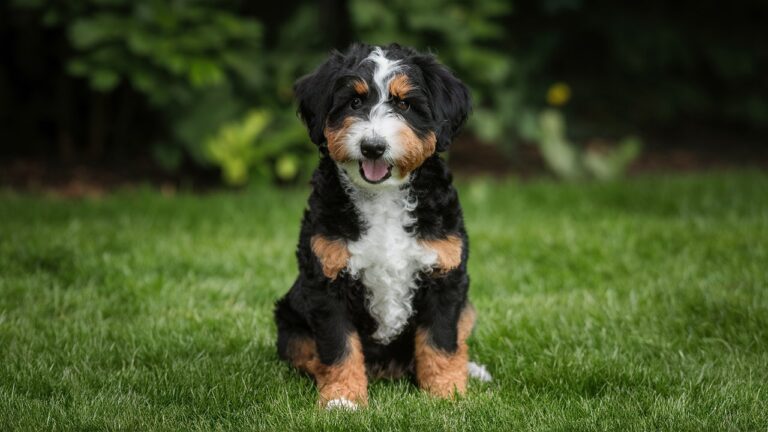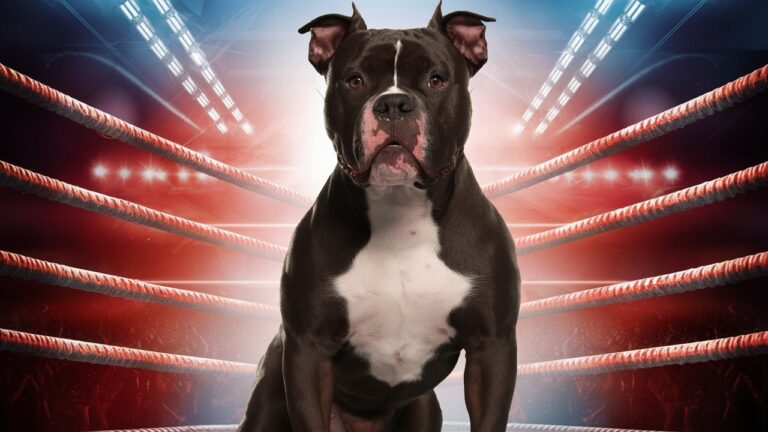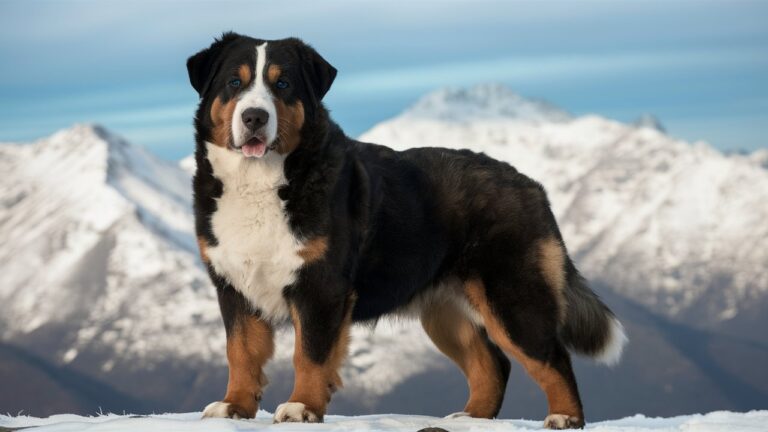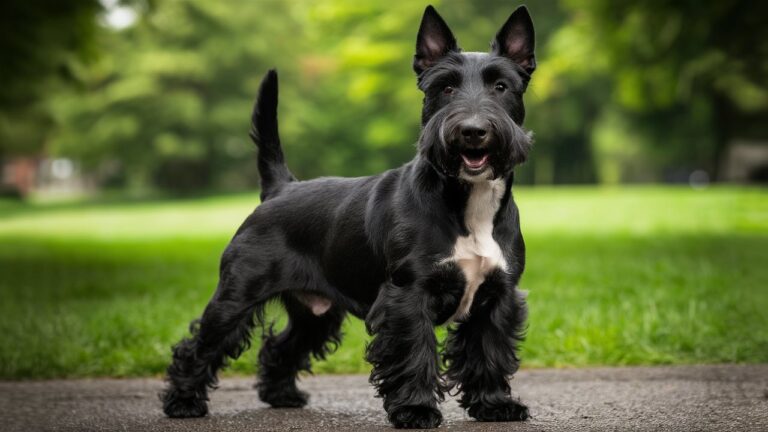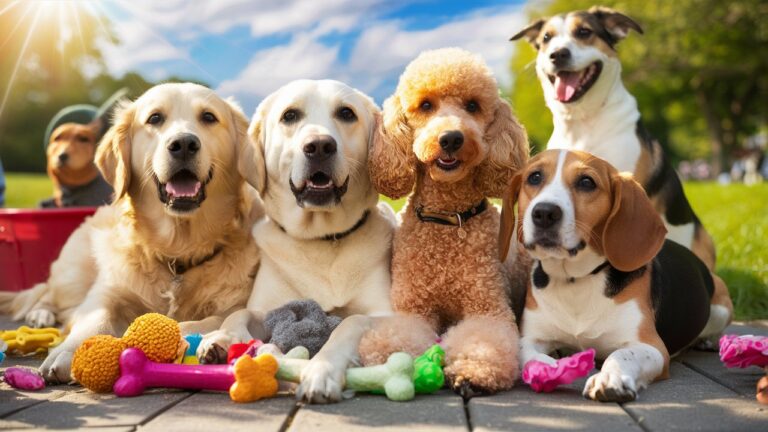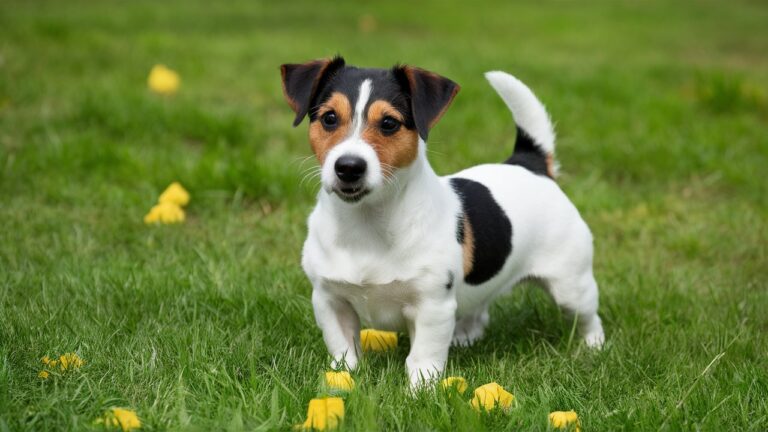Affenpinscher: 100% Comprehensive Guide to the ‘Monkey Dog'”
The Affenpinscher, often affectionately known as the “Monkey Dog,” is a small, sturdy breed with a unique appearance and a charming personality. With roots tracing back to Germany, this breed has captured the hearts of dog lovers worldwide. In this comprehensive guide, we will delve into the history, characteristics, care requirements, and the joys of living with Dog These Breeds. Additionally, I’ll share some personal anecdotes to illustrate the delightful nature of these little companions.
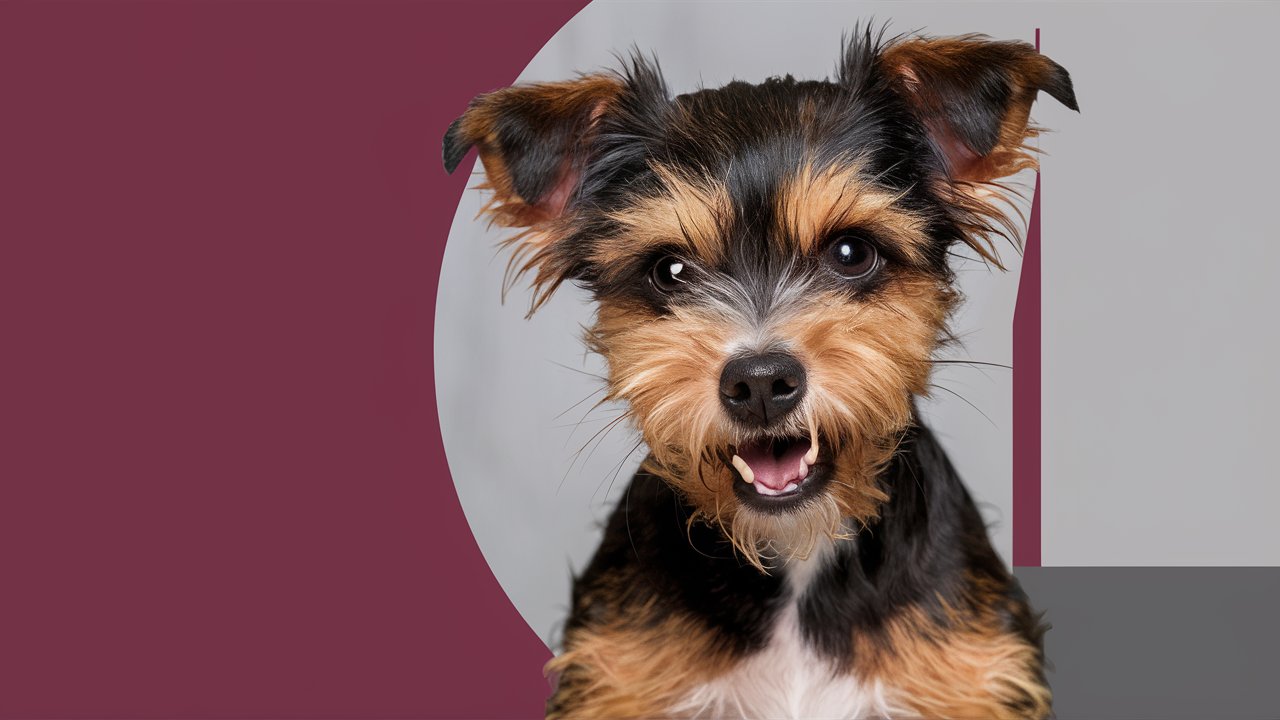
Table of Contents
- History and Origin
- Physical Characteristics
- Personality and Temperament
- Training and Socialization
- Health and Lifespan
- Grooming Needs
- Diet and Nutrition
- Living with an Affenpinscher
- Affenpinscher in Popular Culture
- Choosing an Affenpinscher Puppy
- Conclusion
1. History and Origin
Ancient Roots
The Affenpinscher is one of the oldest toy breeds, with origins dating back to the 17th century in Germany. The name “Affenpinscher” translates to “Monkey Terrier,” reflecting the breed’s distinct facial expressions and playful nature. Initially bred to be ratters, these small dogs were invaluable in keeping kitchens, stables, and shops free from rodents.
Evolution and Recognition
Over time, the Affenpinscher evolved from a working dog to a cherished companion. By the late 19th and early 20th centuries, they had gained popularity among European nobility and eventually made their way to America. The American Kennel Club (AKC) officially recognized the breed in 1936.
2. Physical Characteristics
Size and Weight
Affenpinschers are small but sturdy dogs. They typically weigh between 6.5 to 13 pounds (3 to 6 kg) and stand about 9 to 11.5 inches (23 to 29 cm) tall at the shoulder.
Coat and Color
One of the most distinctive features of the Affenpinscher is its wiry, dense coat. The coat is often black but can also be gray, silver, red, black and tan, or beige. This dense fur, coupled with their bushy eyebrows and beard, gives them a somewhat comical and endearing appearance.
Facial Features
The Affenpinscher’s face is perhaps their most distinctive trait. With a short, flattened muzzle, large dark eyes, and a prominent chin, they bear a striking resemblance to a monkey. This unique look is further accentuated by their expressive eyebrows and mischievous grin.
3. Personality and Temperament
Playful and Curious
Affenpinschers are known for their playful and curious nature. They love to explore their surroundings and engage in interactive play. Despite their small size, they possess a bold and confident demeanor, often acting as if they are much larger than they are.
Loyal and Protective
These dogs are incredibly loyal to their families. They form strong bonds with their human companions and can be quite protective. While their small stature makes them less intimidating, their alertness and willingness to bark at strangers make them effective watchdogs.
Social with a Stubborn Streak
Dog these breeds enjoy socializing with people and other animals, but they can also be somewhat independent and stubborn. Early socialization and consistent training are crucial to ensure they develop into well-behaved adults.
Personal Anecdote: Max the Mischievous Affenpinscher
I once had the pleasure of fostering an Affenpinscher named Max. Max had a knack for getting into trouble, whether it was sneaking into the pantry to steal treats or figuring out how to open the back gate. His mischievous antics kept me on my toes, but his affectionate nature and hilarious expressions made every moment worthwhile.
4. Training and Socialization

Start Early
Training an Affenpinscher requires patience and consistency. Start training and socializing your puppy as early as possible to instill good habits and prevent behavioral issues. Puppy classes can be an excellent way to introduce your Affenpinscher to new environments and other dogs.
Positive Reinforcement
Affenpinschers respond best to positive reinforcement techniques. Use treats, praise, and play to reward good behavior and avoid harsh punishment. These intelligent dogs can quickly learn commands and tricks when motivated properly.
Addressing Stubbornness
Given their independent nature, Affenpinschers can be stubborn at times. It’s essential to establish yourself as a firm and consistent leader while keeping training sessions fun and engaging. Short, frequent training sessions work better than long, repetitive ones.
Socialization Tips
Expose your Affenpinscher to a variety of people, places, sounds, and experiences during their formative months. This exposure will help them grow into well-rounded and confident adults. Arrange playdates with other dogs, take them on car rides, and introduce them to different environments to broaden their experiences.
5. Health and Lifespan
Common Health Issues
While the Affenpinscher is generally a healthy and hardy breed, they are, like all breeds, prone to certain genetic and non-genetic health issues. Understanding these common health concerns can help you be better prepared to care for your Affenpinscher and ensure they lead a long, healthy life.
1. Hip Dysplasia
Hip dysplasia is a genetic condition where the hip joint does not develop properly, leading to arthritis and pain. Although more common in larger breeds, Affenpinschers can also be affected. Symptoms include limping, difficulty rising, and reluctance to jump or climb stairs. Regular veterinary check-ups and maintaining a healthy weight can help manage this condition.
2. Patellar Luxation
Patellar luxation occurs when the kneecap dislocates from its normal position. This condition can range from mild to severe and can cause lameness or an abnormal gait. In severe cases, surgery might be necessary to correct the issue. Keeping your dog at a healthy weight and avoiding excessive jumping can help reduce the risk.
3. Heart Problems
Affenpinschers can be prone to heart conditions such as mitral valve disease, which affects the heart’s ability to pump blood efficiently. Regular veterinary exams, including heart evaluations, can help detect issues early. Symptoms to watch for include coughing, fatigue, and difficulty breathing.
4. Eye Issues
Several eye conditions can affect Affenpinschers, including cataracts and progressive retinal atrophy (PRA). Cataracts cause cloudiness in the lens of the eye, leading to vision impairment, while PRA is a degenerative disease that causes blindness. Regular eye exams are crucial for early detection and management.
5. Respiratory Issues
Due to their short, flattened muzzles, Affenpinschers can sometimes suffer from respiratory problems, such as brachycephalic syndrome. This condition can cause breathing difficulties, especially in hot or humid weather. Ensure your dog is not overexerted in warm weather and always has access to cool, shaded areas.
6. Dental Problems
Small breeds like Affenpinschers are more prone to dental issues, including tartar buildup, gingivitis, and tooth loss. Regular dental care, including brushing their teeth and providing dental chews, can help maintain oral health.
Lifespan
Affenpinschers typically have a lifespan of 12 to 15 years, with some living even longer with proper care. Their longevity can be attributed to their small size and overall robust health. Ensuring your Affenpinscher lives a long, healthy life involves a combination of preventative care, a balanced diet, regular exercise, and mental stimulation.
Preventative Care
Regular veterinary visits are crucial for maintaining your Affenpinscher’s health. Annual check-ups, vaccinations, and routine blood work can help detect and prevent health issues early on. Establishing a relationship with a trusted veterinarian will ensure your dog receives the best care throughout their life.
Balanced Diet and Nutrition
Feeding your Affenpinscher a balanced, high-quality diet is essential for their health and longevity. Choose a commercial dog food that meets the nutritional needs of small breeds, with a focus on protein, healthy fats, and essential vitamins and minerals. Avoid feeding them table scraps or foods high in fat and sugar, as this can lead to obesity and other health problems.
Regular Exercise
Despite their small size, Affenpinschers are active and energetic dogs that require regular exercise to stay healthy and happy. Daily walks, playtime, and mental stimulation through toys and puzzles are crucial. Regular exercise helps prevent obesity, strengthens their muscles, and keeps their minds sharp.
Mental Stimulation
Affenpinschers are intelligent dogs that thrive on mental challenges. Providing them with interactive toys, puzzle feeders, and training sessions can keep their minds engaged and prevent boredom-related behaviors. Enrolling them in obedience or agility classes can also be a great way to stimulate their minds and strengthen your bond.
Grooming and Hygiene
Regular grooming not only keeps your Affenpinscher looking their best but also contributes to their overall health. Brush their coat several times a week to prevent matting and remove loose hairs. Regular grooming sessions also provide an opportunity to check for any lumps, bumps, or skin issues that may require veterinary attention.
Monitoring and Early Detection
Being vigilant about your dog’s health and behavior can help you detect any changes early. Monitor their eating habits, activity levels, and bathroom routines. Any sudden changes in these areas can be indicative of health problems and should be checked by a veterinarian promptly.
Personal Anecdote: Luna’s Health Journey
Luna, an Affenpinscher I adopted from a rescue, came to us with a few health issues. She had a slight limp, which turned out to be a mild case of patellar luxation. With the guidance of our veterinarian, we implemented a plan that included weight management, joint supplements, and controlled exercise. Over time, Luna’s condition improved significantly, and she became more active and playful. This experience taught me the importance of regular veterinary care and early intervention in managing health issues.
Health Care Tips for Affenpinscher Owners
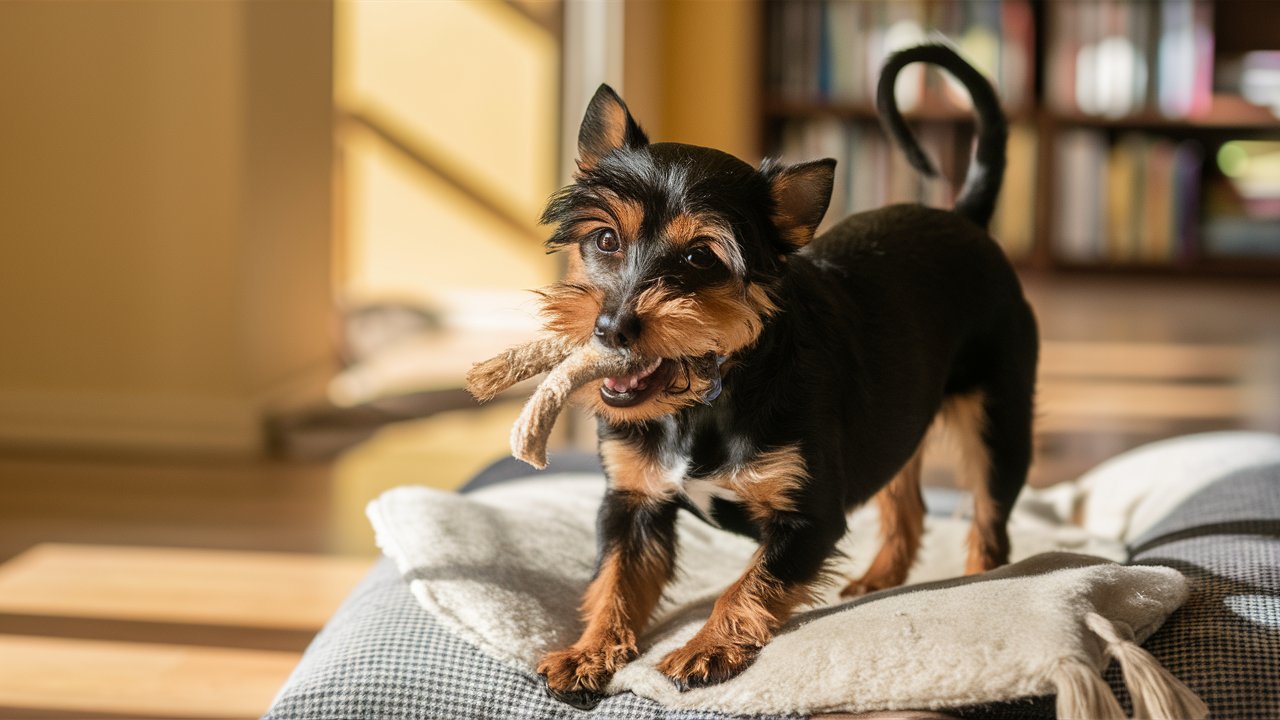
Regular Veterinary Check-ups
Schedule annual veterinary check-ups for your Affenpinscher to monitor their overall health and catch any potential issues early. Older dogs may benefit from bi-annual visits.
Vaccinations and Parasite Control
Ensure your dog is up-to-date on vaccinations to protect them from common diseases. Regularly administer flea, tick, and heartworm preventatives to keep parasites at bay.
Weight Management
Keep your Affenpinscher at a healthy weight to prevent obesity-related health problems. Measure their food portions accurately and avoid giving them excessive treats.
Dental Care
Brush your dog’s teeth regularly and provide dental chews to maintain good oral health. Regular professional cleanings by a veterinarian can also help prevent dental diseases.
Exercise and Mental Stimulation
Provide daily exercise and mental challenges to keep your Affenpinscher physically fit and mentally engaged. This can include walks, playtime, training sessions, and interactive toys.
Grooming Routine
Establish a regular grooming routine that includes brushing, bathing, nail trimming, and ear cleaning. Regular grooming helps maintain their coat’s condition and allows you to check for any abnormalities.
Healthy Diet
Feed your Affenpinscher a high-quality, balanced diet appropriate for their age, size, and activity level. Consult your veterinarian for dietary recommendations tailored to your dog’s specific needs.
Monitoring Health Changes
Keep an eye out for any changes in your dog’s behavior, appetite, or physical appearance. Early detection of health issues can lead to more effective treatment and better outcomes.
6. Grooming Needs
Coat Maintenance
The Affenpinscher’s wiry coat requires regular grooming to keep it looking its best. Brush their coat several times a week to prevent matting and remove loose hairs. Using a slicker brush or a metal comb can help maintain their coat’s texture and prevent tangles.
Professional Grooming
While regular at-home grooming is essential, professional grooming every few months is recommended. A groomer can trim their coat, especially around the face, to maintain their characteristic appearance. Some owners prefer a “puppy cut” for easier maintenance, where the coat is trimmed shorter all over.
Dental Hygiene
Dental care is often overlooked but crucial for small breeds like the Affenpinscher. Brush their teeth regularly to prevent dental disease, and provide dental chews or toys to help keep their teeth clean.
Nail Trimming and Ear Care
Regularly trim your Affenpinscher’s nails to prevent overgrowth and discomfort. Check their ears weekly for signs of infection, such as redness, odor, or excessive wax buildup. Clean their ears with a veterinarian-recommended ear cleaner to prevent infections.
7. Diet and Nutrition
Balanced Diet
Affenpinschers require a balanced diet to maintain their health and energy levels. High-quality commercial dog food formulated for small breeds is usually sufficient. Look for a food that lists meat as the first ingredient and avoids fillers like corn and soy.
Portion Control
Small dogs are prone to obesity, so it’s important to monitor their food intake and avoid overfeeding. Follow the feeding guidelines on the dog food packaging and adjust based on your dog’s activity level and age.
Treats and Supplements
While treats are useful for training, they should be given in moderation to avoid weight gain. Opt for healthy, low-calorie treats. Supplements like omega-3 fatty acids can support coat health, but always consult your veterinarian before adding supplements to your dog’s diet.
8. Living with an Affenpinscher
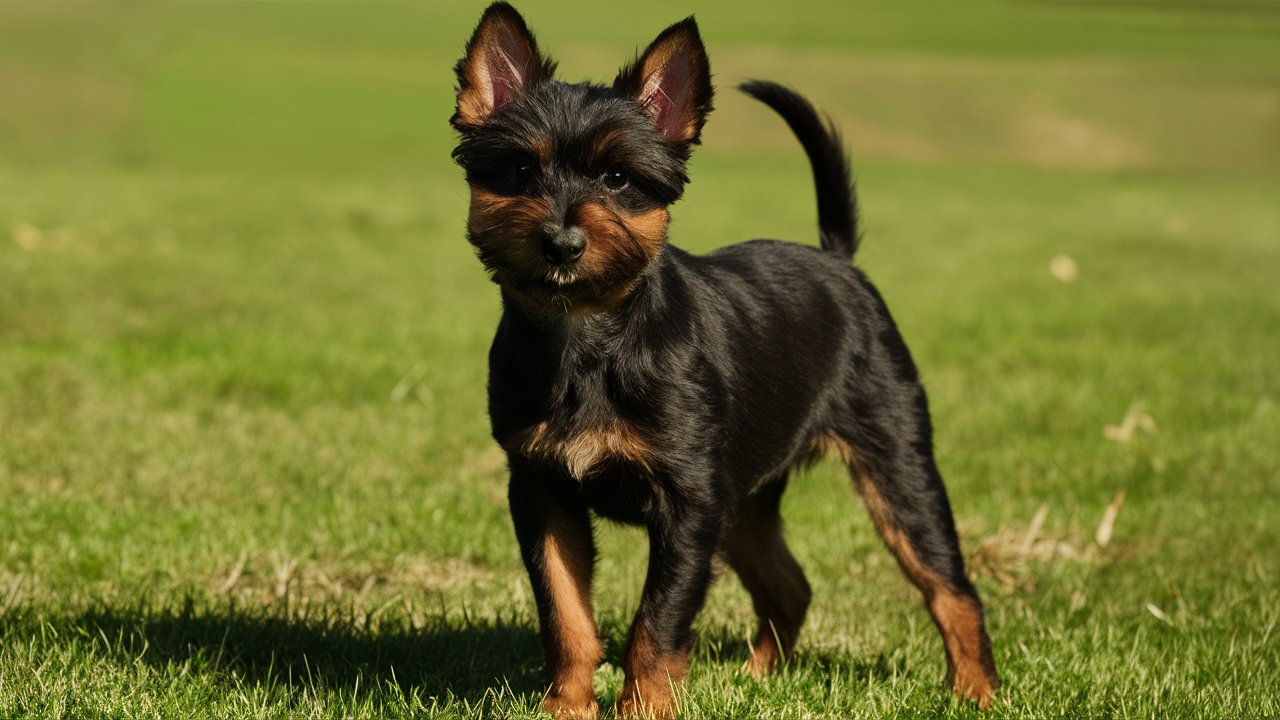
Home Environment
Affenpinschers are adaptable and can thrive in various living situations, from apartments to houses with yards. They are active indoors and don’t require a large yard, but they do enjoy outdoor playtime and walks.
Exercise Needs
Despite their small size, Affenpinschers are energetic and need regular exercise to stay happy and healthy. Daily walks, play sessions, and mental stimulation through toys and puzzles are essential.
Family Life
Affenpinschers make excellent family pets, but they are best suited for homes with older children who can handle them gently. Their small size makes them vulnerable to injury from rough play, so supervision is necessary when they interact with young children.
Personal Anecdote: Bella’s Bond with Our Family
Bella, another Affenpinscher I had the joy of knowing, quickly became a beloved member of our family. She had a special bond with my daughter, Emily. Every evening, Bella would curl up beside Emily during storytime, listening intently as if she understood every word. Their bond was heartwarming and exemplified the Affenpinscher’s loving nature.
9. Affenpinscher in Popular Culture
Famous Affenpinschers
The breed’s unique appearance and charming personality have made them popular in various forms of media. Affenpinschers have appeared in films, advertisements, and even as companions to celebrities.
Historical References
Throughout history, Affenpinschers have been depicted in artwork and literature. Their distinct look and playful demeanor have captured the imagination of artists and writers, cementing their place in cultural history.
10. Choosing an Affenpinscher Puppy
Finding a Reputable Breeder
If you’re considering adding dog these breed to your family, it’s crucial to find a reputable breeder. Look for breeders who prioritize health, temperament, and breed standards. They should provide health clearances for the puppy’s parents and allow you to visit their facilities.
Adoption and Rescue
Adopting an Affenpinscher from a rescue organization is another wonderful option. Many breed-specific rescues focus on finding homes for Affenpinschers in need. Adopting an older dog can be equally rewarding and provides a loving home to a dog in need.
Puppy Checklist
Before bringing your puppy home, ensure you have all the necessary supplies, including a crate, bed, toys, food and water bowls, grooming tools, and high-quality puppy food. Puppy-proof your home to prevent accidents and keep your new companion safe.
Conclusion
The Affenpinscher is a delightful breed that brings joy and laughter to any household. With their unique appearance, playful personality, and loyal nature, they make wonderful companions. Whether you’re looking for a spirited playmate or a loving lapdog, the Affenpinscher is sure to steal your heart.
Living with an Affenpinscher means embracing their quirks and enjoying their zest for life. From their mischievous antics to their unwavering loyalty, these “Monkey Dogs” are truly one of a kind. By understanding their needs and providing them with love and care, you can ensure a happy and fulfilling life with your Affenpinscher.
